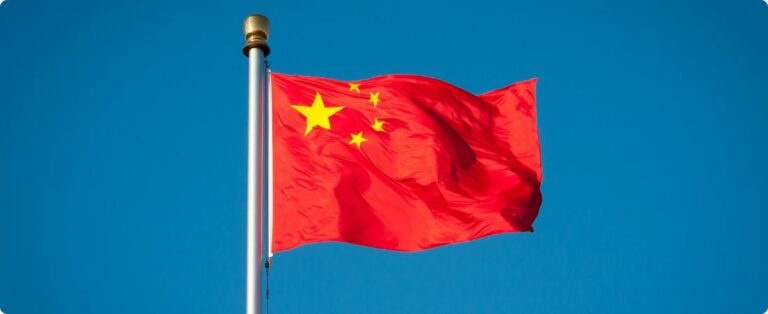The agrochemicals market is changing – this is the main message conveyed at the opening of the 9th AgrochemShow, which started this Monday (22.08) in São Paulo. “Large companies suffered losses in the first half of 2016. There will be a process of major changes in the sector”, projected Ma Chuyan, representative of the Chemical Industry sub-council of CCPIT (China Council for the Promotion of International Trade).
The director informed that economic reforms are in full swing in China: “We believe that we are regulating the quality and sustainability process. The sector is eliminating unqualified companies, and Chinese products today are seeking quality assurance and health safety.”
Jalen Fan, also a member of CCPIT, corroborated this statement and added that China has already entered “a developed and mature regulatory and registration process. Each company needs at least three authorizations from different bodies to start producing, which can reach six or even more.”
He recalled that the consumption of agrochemicals in the world reached no less than US$ 87 billion, mainly for soybeans (16%), cereals (14%) and rice (7%). China is responsible for producing 17% of the total, while Brazil holds 16% and the United States manufactured 12%.
“The Chinese agrochemical law was created in 1997, revised in 2001 and is in the process of being updated this year, and should be presented soon with a tendency to reduce bureaucracy and planning for the next 13 years. After the country has experienced great growth in the sector since 2012, the moment is one of stability, with more attention to environmental protection – which is China's biggest problem today. More than 150 companies were punished last year alone, and many others are under reevaluation”, explains Jalen Fan.
The CCPIT representative states that growth in the Chinese pesticide market should be around zero, with expansion only in the biodefensive segment. What the Chinese are looking for now, according to him, are tools that optimize intelligent aerial applications, for which there is a lot of demand. Furthermore, they want to develop an online buying and selling platform in Brazil and Paraguay, just as it already exists in China.















